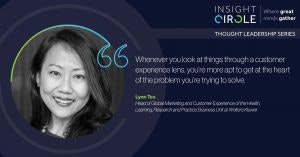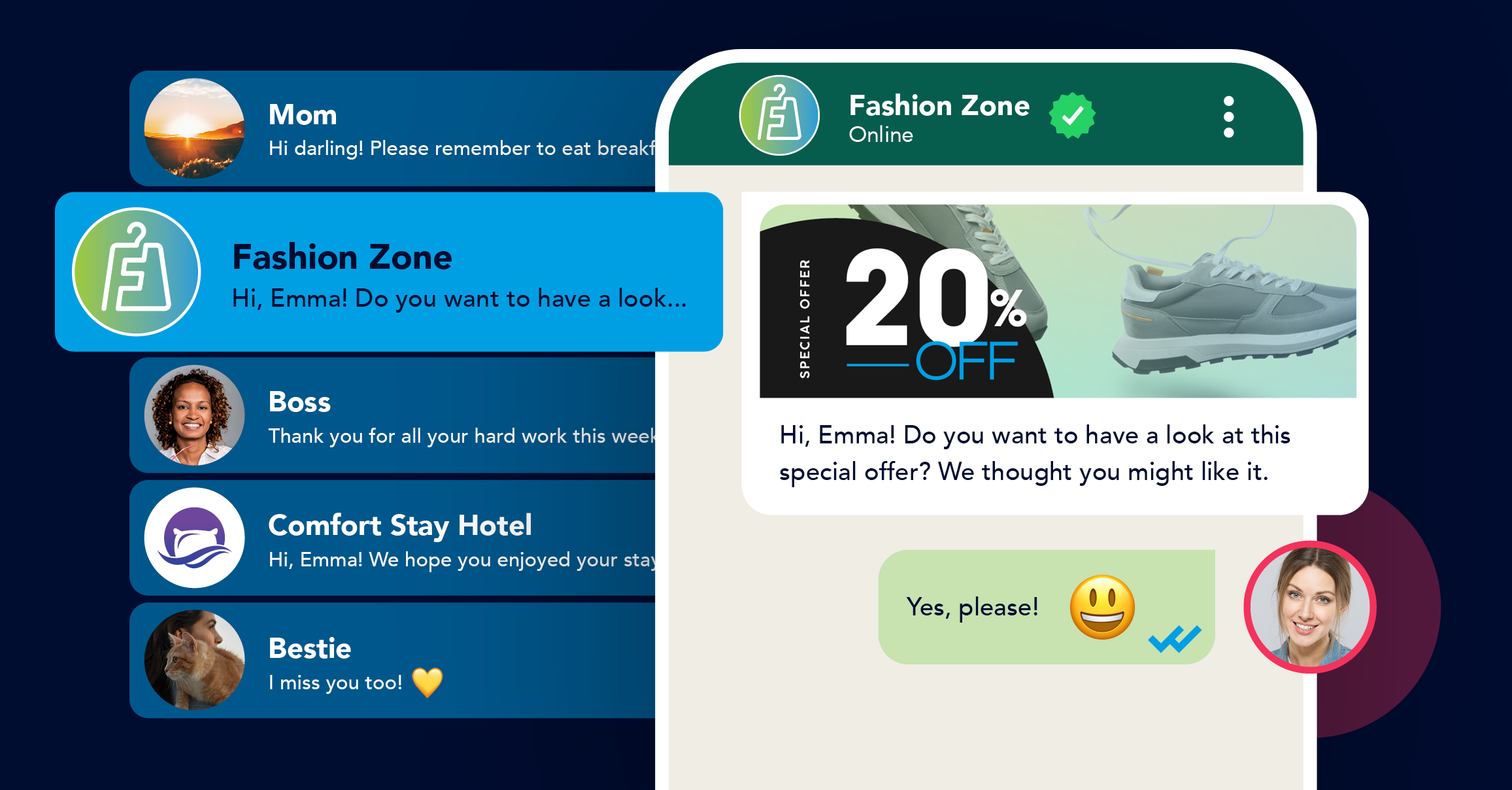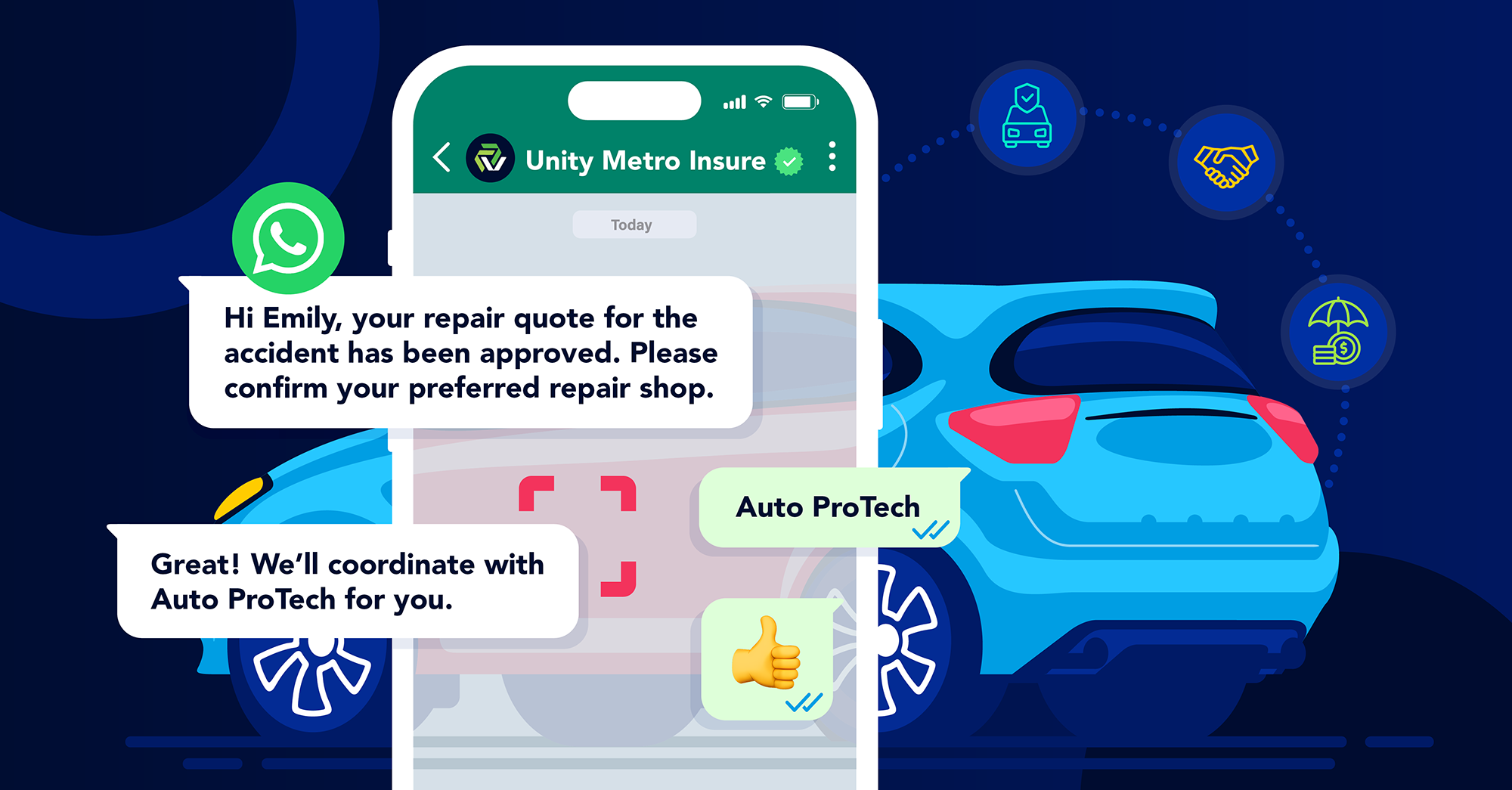
In the first part of our interview with Lynn Teo, Head of Global Marketing and Customer Experience of the Health, Learning, Research and Practice (HLRP) Business Unit (BU) at Wolters Kluwer, we discussed how Wolters Kluwer is approaching healthcare research and education in the face of the COVID-19 crisis and the accelerating trend of Digital Transformation. In this second part, we discuss Lynn’s thoughts on transformational opportunities in Healthcare, how her background in Design Thinking helps her approach Digital Transformation, and the impact of diversity in leadership on company culture.
Transformational Opportunities in Healthcare
We asked Lynn about opportunities for digital transformation in healthcare in the years ahead: “I think the space of Electronic Health Records is an area of big potential improvement. I think we all know that healthcare has lagged behind other industries in this regard. Patients need to have an easy way to use their benefits, to be sure they have quality care, and that their medical histories and caregiving histories are consistently logged. In the US, there is the possibility of a very fractured customer experience when you're going from one physician to the next, or when you're being moved through the healthcare system. While respecting HIPAA laws and other privacy laws, we as consumers could really benefit from having continuity of our health care experience. With the help of data you can also get insights on things like comorbidity or prevention based on genetics. With the help of the data in our medical records, we can all take a more proactive role in our own state of health. There is also the potential for customizing health care that is informed by deep and broad research. For example, data could inform the best ways of treating patients taking into account different ethnic backgrounds. Having access to good data is going to be at the heart of a lot of the innovations we will be seeing in the healthcare space. How do you intelligently parse through such a massive set of information, some of which might still be in an experimental stage? We need to bring the full set of decision making capabilities to bear, and to leverage full-fledged expert solutions, because static data alone isn't empowering enough.”
How a Customer Experience Lens Helps Digital Transformation
Lynn’s early career background was in UX, Product Development, Design, and Design Thinking. She described how a ‘Customer Experience Lens’ has been pivotal when leading digital transformation and helping a business adapt to unexpected situations, such as COVID-19: “With COVID-19, all of our events were shut down, we could no longer promote our wares in a convention or an exhibit hall. So you have to think about different ways of reaching the customer, such as content marketing that's really centered around understanding a pain point or a need. If a company can keep itself centered and ask: ‘What is it that will motivate and entice our customers?’ they will never go wrong, because if this is your guiding light it doesn’t matter what the world throws at you, whether it's COVID-19 or something else, you will have your North Star.”
Lynn continued: “Digital transformation really starts by understanding the unique core capabilities of your product and how it solves customers’ problems, and then trying to understand who your target audiences are, and how you will attempt to reach them. Our portfolio covers a spectrum of both B2B products (e.g. we sell to hospitals and academic institutions) and then on the other end of the spectrum we have B2C products (e.g. learning products or exam prep). Whenever you look at things through a customer experience lens, you're more apt to get at the heart of the problem you're trying to solve. You have to figure out who the influencers are. In our case, we might sell to the faculty, but then we have to also ensure the students using our product are being supported and are happy with the purchase. So it really forces you to look at things from all angles. Our customer support team fields calls from students, helps them get set up, makes sure the faculty knows how to set things up that align with their curriculum, etc. At every step of the way, from prospecting, all the way to onboarding, and then retention, you have to have a customer experience mindset. The information our customer support team receives as they're fielding these calls also contains key potential feature changes for the next iteration of a product.”
Lynn described how COVID-19 has advanced her team's operational changes: “COVID-19 accelerated some of the operational adaptations that were needed. For example, in the absence of physical events, we had to think creatively of ways to execute what I call ‘pull marketing’ versus ‘push marketing’. You have to offer something of value that will make people pause and consider you. We started offering software trials to some of our most relevant pandemic-related research products and virtual learning tools, both of which support clinicians and researchers at a time of need. Another marketing tactic we’ve seen perform extremely well is webinars. If you can bring together well-regarded industry panelists to speak about a topic that's highly relevant, and are able to aggregate or curate knowledge that aligns with that interest, you’ve hit a gold mine. We've seen over 1,000, and sometimes up to 2000 people signing up for our webinars recently”
Women in Leadership and Diversity
Wolters Kluwer’s CEO, Nancy McKinstry, is the first ever ‘non-Dutch-male’ Chief Executive the company has had in its 100 plus year history. Nancy gave a fabulous account of leading a digital transformation and the benefits of greater diversity in a company in this interview with Harvard Business Review. We asked Lynn her thoughts on this subject: “Nancy McKinstry has blazed a trail. Certainly when I was interviewing for this position, I did a lot of research about the company and seeing such an inspirational female CEO was something I took note of. I also noticed diversity in the executive profiles – you could tell that gender was not a limiting factor. During the interview process, everyone I met demonstrated their openness, candor, and belief in the company’s values to “focus on customer success,” “aim high and deliver,” “make it better,” and “win as a team” – values that resonated with me strongly. It was clear to me that Wolters Kluwer values equality and rewards individuals based on merit. I do think that women and men bring different strengths to the table. Their styles of leading are very different; I don't think one way is any better than the other. I would always advise anyone looking for a job to find a place where the culture fits you. I feel very mission driven at this point in my career and want to make an impact on the world. For these reasons, the Health Division of Wolters Kluwer is a very good fit for me. I look forward to many more years of transformative work in the disciplines of marketing and customer experience, while helping to power change in a new and exciting world of healthcare and education.”
The COVID-19 crisis has given us a striking reminder of how vital the advancement of evidence-based medicine is to all of our lives, and we are grateful to Lynn for sharing her perspectives from her unique professional vantage point. We look forward to continuing this discussion of the impact of Digital Transformation on Healthcare in the future; if you have further examples to share, please send them to us so we can incorporate them into future conversations.
Step into the future of business messaging.
SMS and two-way channels, automation, call center integration, payments - do it all with Clickatell's Chat Commerce platform.








